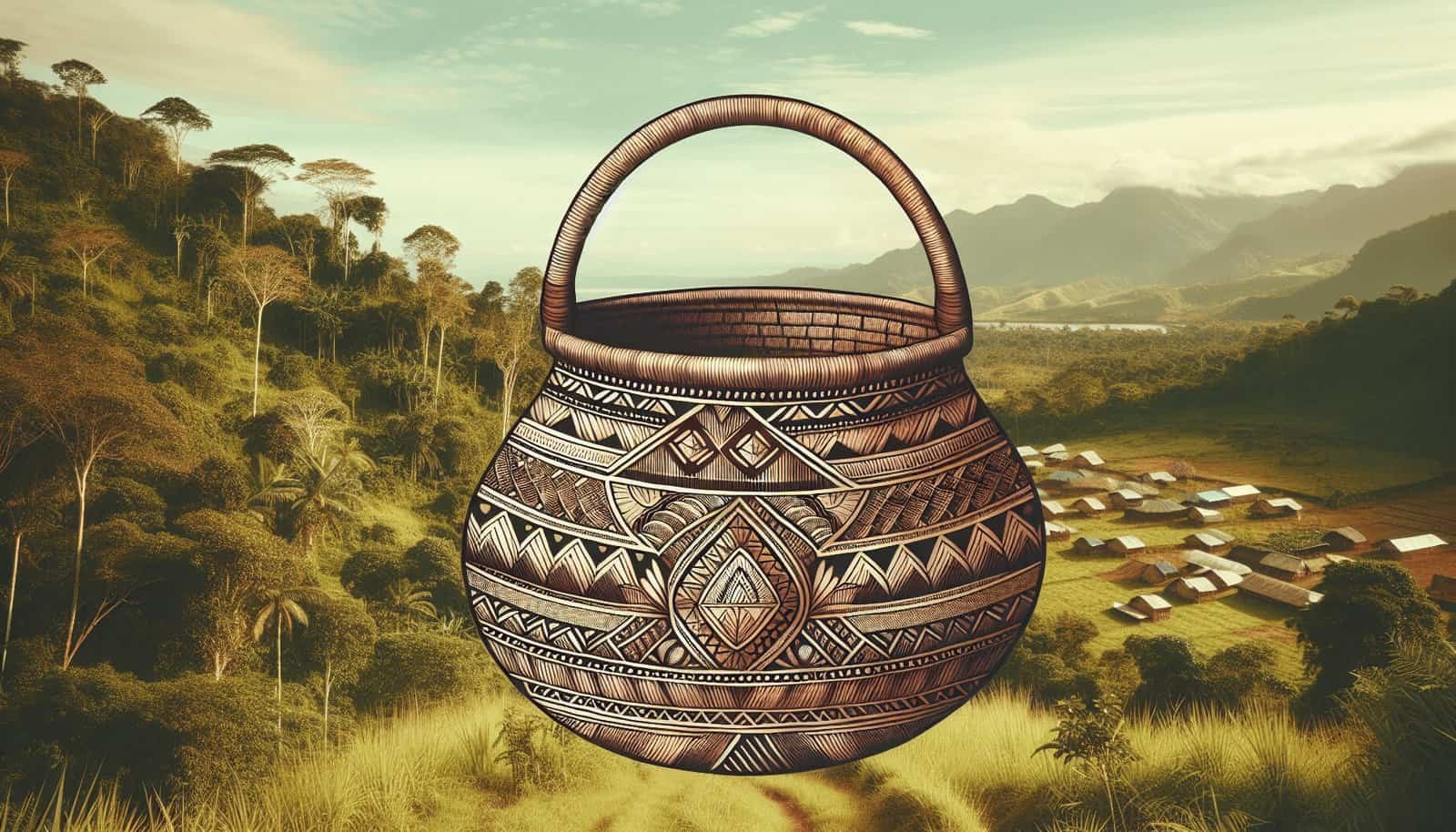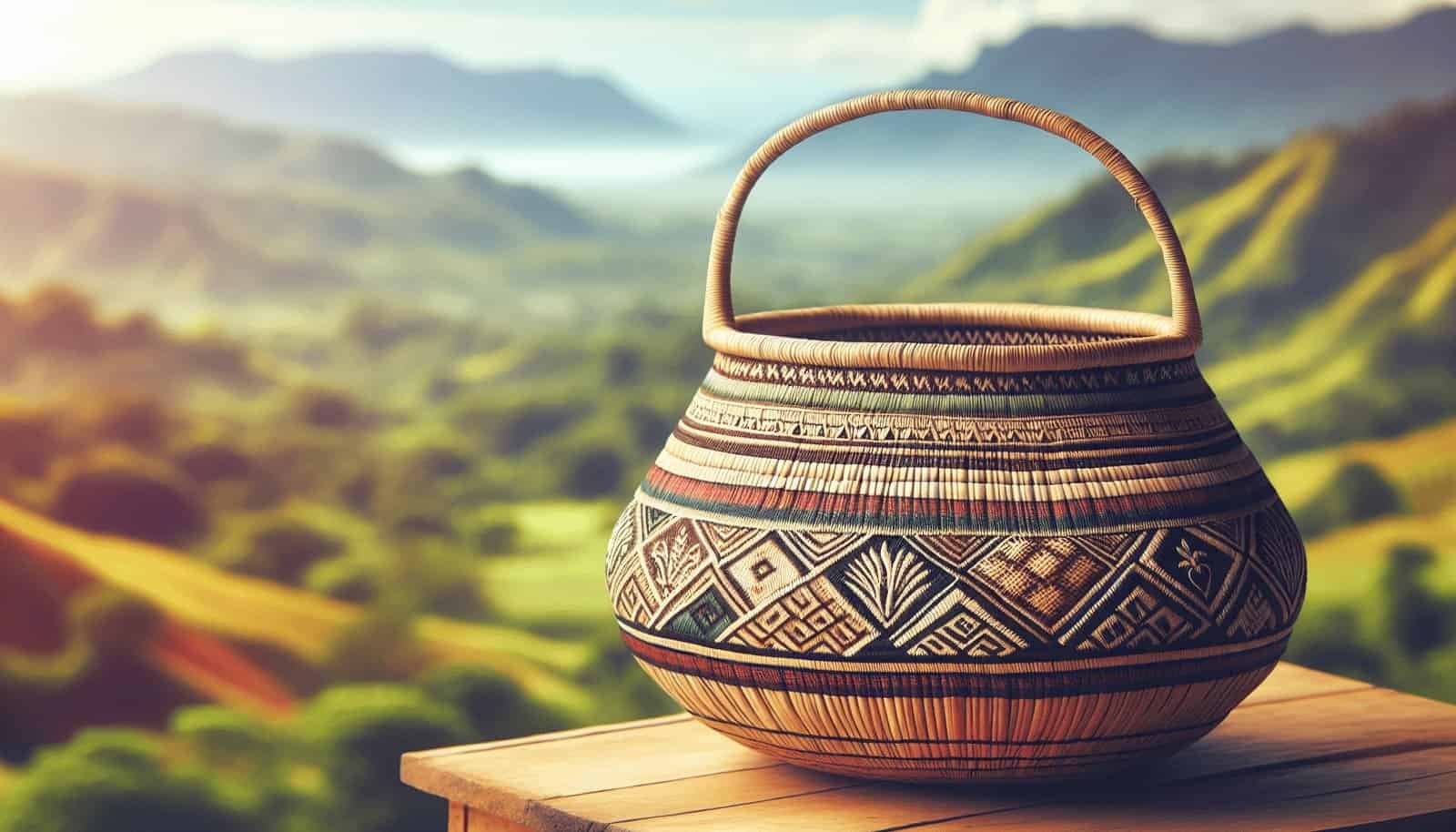Have you ever wondered about the different ways you can engage in cultural exchanges with indigenous communities in Nicaragua? Exploring the rich tapestry of indigenous cultures can offer profound insights and rewarding experiences. Delving into the stories, traditions, and ways of life of Nicaragua’s indigenous communities allows you to connect with history and gain a deeper understanding of the world. In this article, you’ll find a comprehensive look at the available options for engaging in cultural exchanges with these remarkable communities.
Understanding Nicaragua’s Indigenous Heritage
Nicaragua is home to a diverse range of indigenous communities, each with its own unique traditions, languages, and cultural practices. Knowing the basics of this heritage will give you a better foundation for engaging with these communities through cultural exchanges.
Historical Background
The indigenous peoples of Nicaragua have a long and rich history that predates colonization. Groups such as the Miskito, Sumo, Rama, and Garifuna have inhabited the region for centuries, each contributing unique elements to the cultural mosaic of the country. Understanding this history offers a meaningful context for your cultural exchange.
Cultural Significance
Indigenous cultures in Nicaragua play a crucial role in the nation’s identity, preserving traditions and practices that have been passed down through generations. Their languages, crafts, music, and ceremonies are integral parts of Nicaragua’s cultural fabric, making them invaluable to the nation and the world.
Options for Cultural Exchanges
Cultural exchanges can take many forms, from immersive experiences to participatory projects. Here are some of the options you can explore:
Educational Programs
Various organizations and educational institutions offer programs designed to educate participants about indigenous cultures. These can range from short-term workshops to longer courses and provide a structured way to learn and engage.
- Workshops and Short Courses: Often held in cities or indigenous villages, these programs might cover topics like traditional crafts, storytelling, or indigenous languages.
- Study Abroad: Some universities offer study-abroad programs focusing on indigenous cultures, which allow you to live and learn directly within these communities.
Volunteer Opportunities
Volunteering is a hands-on way to engage with indigenous communities. Through projects focused on education, health, or environmental conservation, you can build meaningful relationships and contribute to the community’s well-being.
- Community Development Projects: Many organizations partner with indigenous groups to work on sustainable development projects. This might involve building infrastructure or supporting local education initiatives.
- Eco-Tourism Projects: Eco-tourism initiatives often promote indigenous culture while protecting natural landscapes, offering a balanced way to learn and contribute positively.
Homestay Programs
For a truly immersive experience, homestay programs allow you to live with an indigenous family. This offers a unique insight into daily life, traditions, and cultural practices, as well as personal connections that can last a lifetime.
- Language Immersion: Learning a new language can be an integral part of the experience, with some programs offering language lessons from native speakers.
- Cultural Activities: Participants often engage in cooking, crafting, and participating in festivals or ceremonies, offering a rich tapestry of experiences.
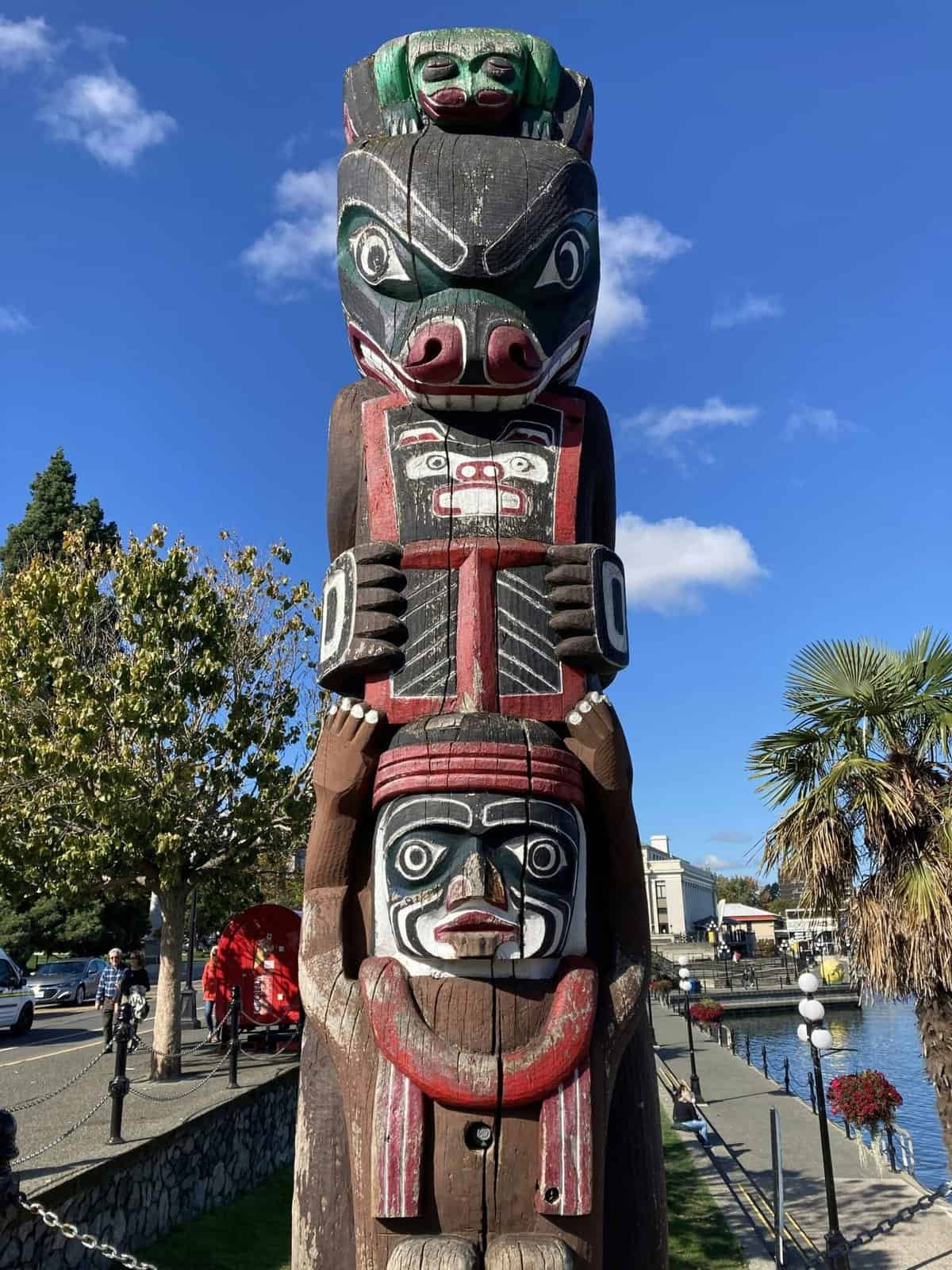
Participating in Cultural Festivals
Cultural festivals provide a vibrant, dynamic way to participate in cultural exchanges. These events highlight unique traditions, music, dance, and cuisine, allowing you to witness and partake in their cultural celebrations.
Popular Festivals
Nicaragua hosts various indigenous festivals throughout the year. Attending these offers a profound and joyful way to experience indigenous cultures.
| Festival Name | Community | Highlights |
|---|---|---|
| Palo de Mayo | Miskito | Energetic dance and music, celebrating spring fertility |
| King Pulanka Festival | Miskito | Traditional dance, music, and food |
| Bluefields Cultural Festival | Various Groups | Showcases traditional music, dance, and crafts |
Participatory Roles
While many festivals welcome outsiders, some may offer roles for participants. This could involve helping organize events or even participating in certain activities, creating a more engaging experience.
Supporting Indigenous Arts and Crafts
One of the best ways to foster cultural exchanges is by supporting indigenous artisans. This not only helps preserve traditional crafts but also provides economic support to these communities.
Purchase with Purpose
Buying indigenous arts and crafts can be a meaningful way to support cultural preservation while acquiring unique pieces. Look for fair trade certified organizations to ensure fair compensation for artisans.
- Textiles and Clothing: Intricate designs are prominent in indigenous textiles, and purchasing these items provides direct support to the craftspeople.
- Hand-Crafted Goods: Items like pottery, jewelry, and carvings are often available and can make for beautiful keepsakes or gifts.
Workshops and Demonstrations
Some communities offer workshops and demonstrations of traditional crafts, where you not only witness but try your hand at creating these items under expert guidance. This hands-on approach can be highly rewarding.
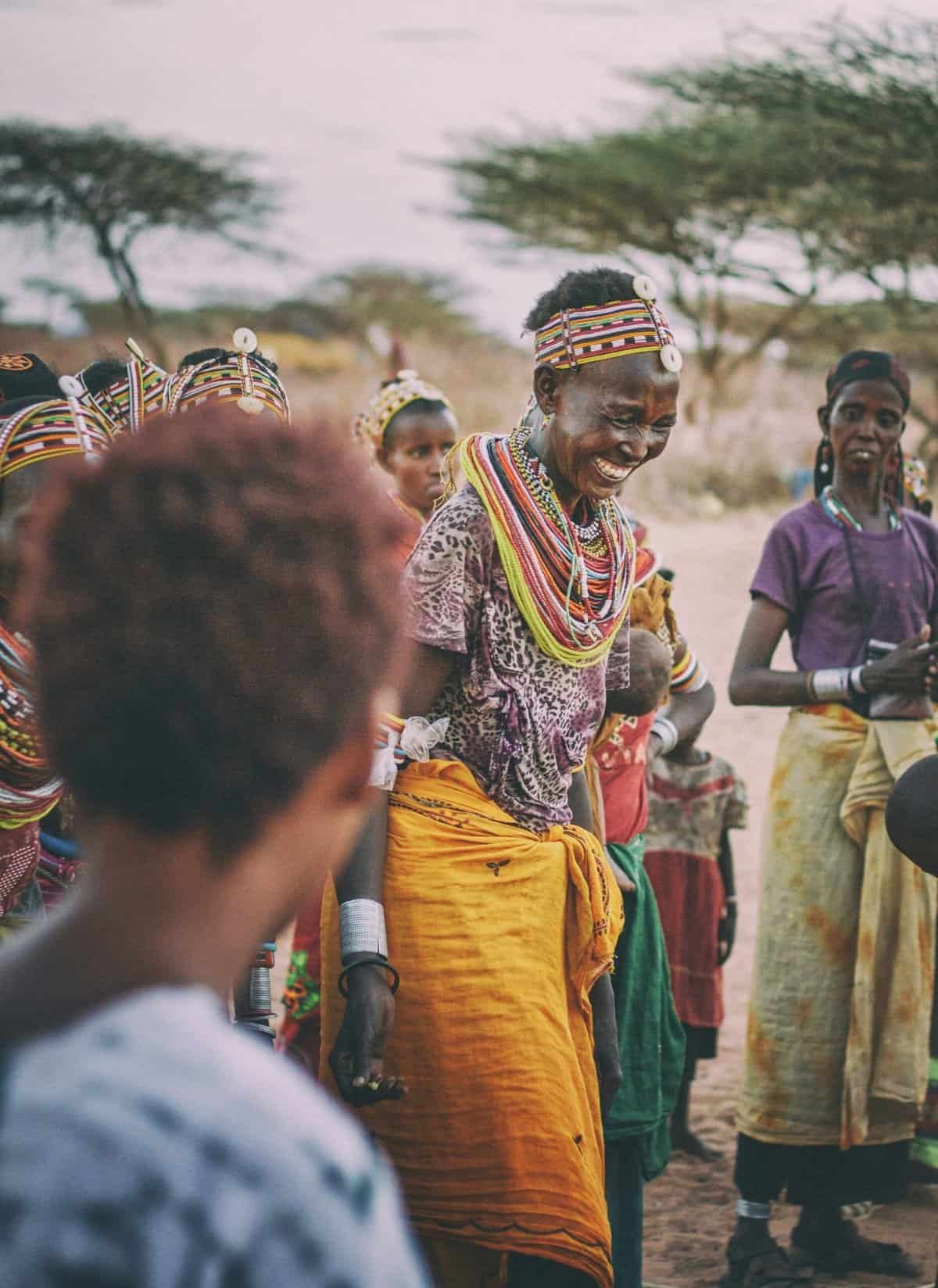
Ethical Considerations
Engaging with indigenous communities warrants a thoughtful approach that respects their culture and autonomy. Consider these ethical guidelines to ensure your experience is positive for both you and the community.
Respect and Reciprocity
Approach every interaction with respect and a mindset of reciprocity. Remember that cultural exchange is a two-way street: while you learn and experience, you should also give back in whatever way is possible.
Mindful Participation
Participating mindfully is crucial. Always seek permission when taking photos or recording, and adhere to local customs and traditions. Being aware of your impact helps preserve the integrity of the experience.
Planning Your Visit
Before embarking on your cultural exchange journey, careful planning is essential. Here are some things you should consider:
Research and Preparation
Educating yourself about the communities you plan to visit and understanding their customs and traditions will greatly enhance your experience. Reading up on the history and current issues facing these groups can be a proactive step before your visit.
Travel Logistics
Ensuring you have all necessary travel documents and vaccinations, as well as an understanding of the logistics to reach these communities, is key. Some communities are in remote areas, and planning your trip encompasses travel arrangements, accommodations, and safety measures.
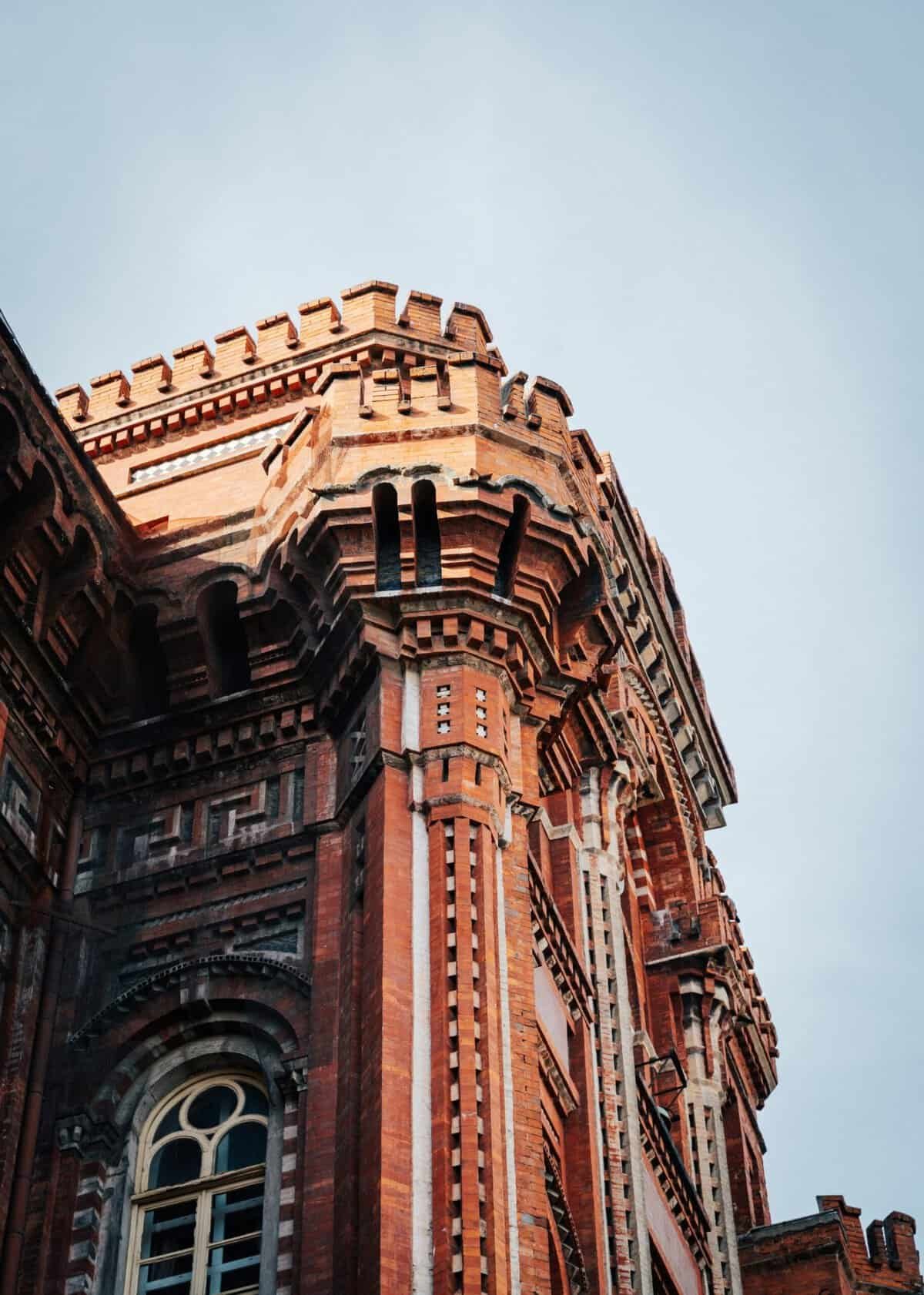
Cultural Exchange Outcomes
Participating in cultural exchanges can lead to profound personal growth and understanding. Here are some potential outcomes of engaging with indigenous communities in Nicaragua:
Personal Growth
Engaging in cultural exchanges can expand your worldview, challenge assumptions, and foster a deeper understanding of diverse cultures. These experiences often lead to personal growth and development.
Building Bridges
Cultural exchanges help build bridges between different communities, promoting mutual understanding and respect. These interactions break down stereotypes and combat prejudices, contributing to global peace and unity.
Contribution to Preservation
By participating in and supporting cultural exchanges, you contribute to preserving invaluable cultural heritage. This preservation ensures that future generations can learn about and appreciate this rich history.
Conclusion
Engaging with the indigenous communities of Nicaragua through cultural exchanges is a potentially life-changing opportunity that opens up a world of tradition, history, and personal connection. Through educational programs, volunteer opportunities, homestays, festivals, and supporting indigenous artistry, you’re offered various paths to learn, contribute, and grow. Embarking on this journey requires understanding, respect, and humility, ensuring that these exchanges are meaningful and beneficial for everyone involved. As you immerse yourself in a culture rich with history and tradition, you’ll find that the experience is as educational as it is rewarding.
